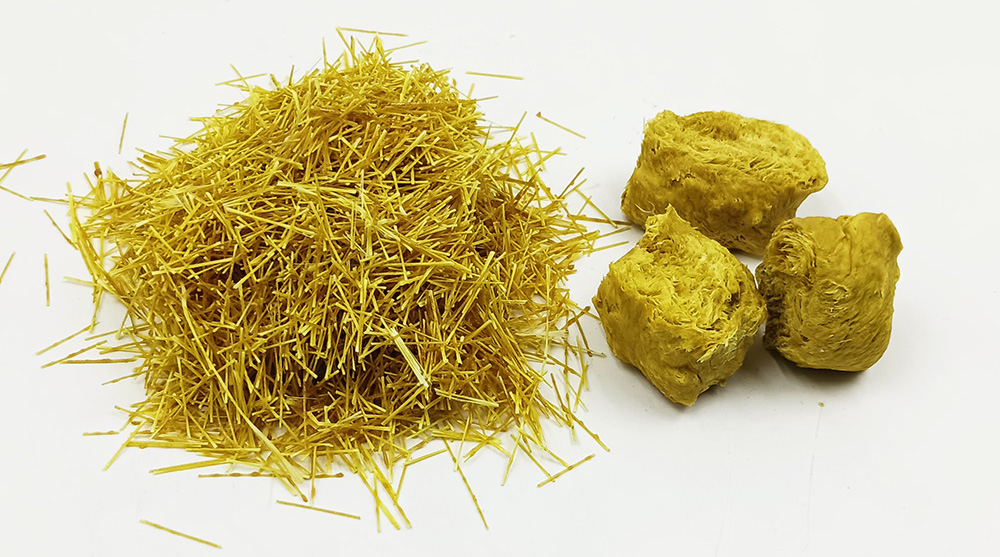Phenolic resin is a common synthetic resin whose main components are phenol and aldehyde compounds. It has excellent properties such as abrasion resistance, temperature resistance, electrical insulation and chemical stability. The combination of phenolic resin and glass fiber forms a composite material that combines the advantages of phenolic resin and glass fiber. Phenolic fiberglass is a strong and versatile composite material made from a combination of phenolic resin and glass fiber reinforcement. It has excellent heat resistance, flame retardancy and high impact strength, making it valuable in many industries.
What is phenolic glass fiber?
Phenolic glass fiber is made by adding glass fiber reinforcement to a phenolic resin matrix. The phenolic resin has excellent heat and flame resistance, while the glass fiber reinforcement greatly increases strength, stiffness and impact resistance. The combination of the two makes the composite durable and able to withstand harsh conditions.
The phenolic glass fiber manufacturing method generally includes the following steps:
- Pre-treatment of glass fibers: The glass fibers are treated to remove impurities and improve their ability to bond with the resin.
- Resin Preparation: Phenolic resin is mixed with additives in a certain ratio to prepare the resin matrix.
- Fiber Reinforcement: The pre-treated glass fibers are impregnated, covered or injected with the resin matrix to fully combine the glass fibers with the resin.
- Curing: Aldehydes in the resin matrix react with the added curing agent to cure and mold the composite material.
Key features and benefits
- High impact resistance: the material is very durable and is able to absorb sudden forces without compromising its structural integrity.
- Outstanding heat resistance: thanks to the phenolic resin, it performs well in high temperature environments.
- Flame Retardant: Its inherent flame retardant properties make it a safe choice for applications where fire resistance is critical.
- High Mechanical Strength: The synergy between the resin and the glass fibers makes it a strong material that can withstand challenging mechanical stresses.
- Chemical and environmental resistance: Phenolic glass fibers are resistant to a wide range of chemicals, moisture and UV exposure, ensuring durability in corrosive or harsh outdoor environments.
- Excellent electrical insulation properties: Phenolic Glass Fiber is an effective electrical insulator, ideal for a wide range of electrical components.
Versatile Applications
The unique properties of phenolic glass fibers make them suitable for a wide range of applications:
- Aerospace Engineering: The high strength-to-weight ratio and structural integrity of phenolic glass fibers benefit aerospace components, resulting in improved fuel efficiency.
- Electrical Insulation: Due to its reliable electrical properties, it is used in a wide range of electrical components and insulating structures.
- Constructions: Its flame retardancy and durability provide advantages in construction applications.
Conclusion
Phenolic fiberglass is a dynamic and adaptable composite material that continues to drive innovation in a variety of industries. Its combination of mechanical strength, heat resistance and durability make it a pioneering solution to modern engineering challenges.
Post time: Jun-16-2025







